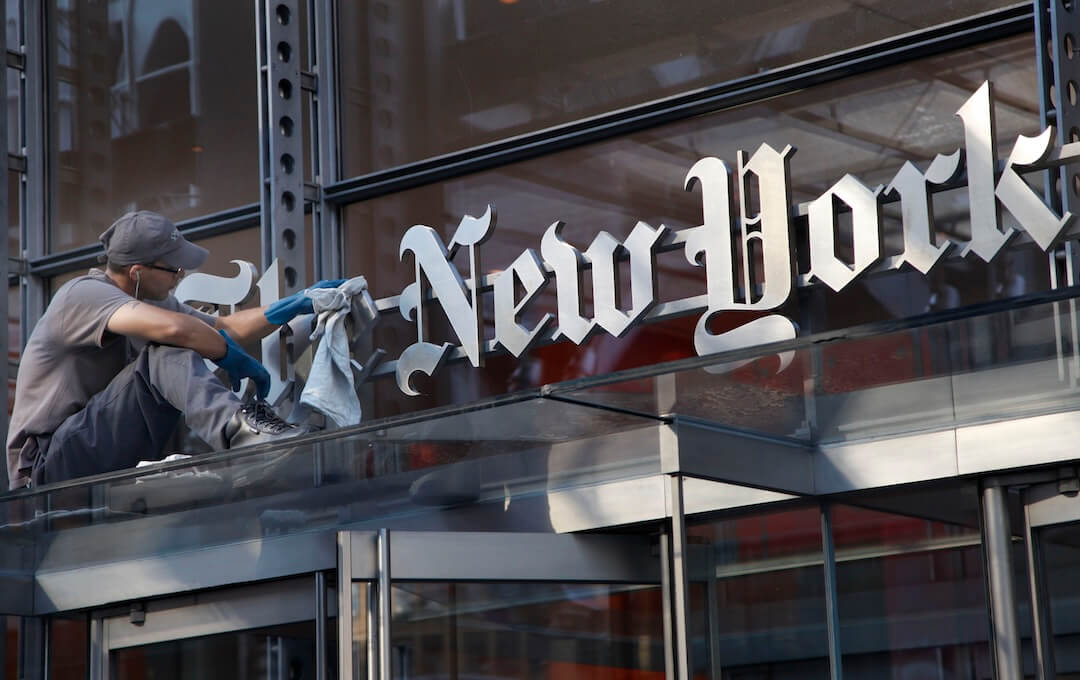When reporters want my advice about whether to grant a source anonymity, this is the question I ask them: Is your story significant enough that you’re willing to spend six months in jail?
When they’re working on a substantial story, the kind that changes our understanding of power or responsibility, reporters don’t even blink at the prospect of jail. But most of the time, journalists aren’t working on that kind of story.
This week, two uses of anonymous sources have been in the news. Mother Jones released a recording of Sen. Mitch McConnell and aides discussing bare-knuckle tactics they might use in a 2014 campaign against actress Ashley Judd. And Fox News reporter Jana Winter got a temporary reprieve from revealing the name of the person who told her about the notebook that suspect James Holmes allegedly sent to a health-care professional before the mass shooting at a theater in Aurora, Colo.
Anonymous sources come with a lot of baggage. The public is usually suspicious of their motives and they expose a newsroom to potential legal liability. Because of that, many in journalism have preached that anonymous sources should be used rarely, and only on the most important stories. But on a day-to-day basis, it can be hard to judge which stories rise to that level. And such decisions are complicated by the rampant use of anonymous sources for frivolous reasons.
If newsrooms would limit the use of anonymous sources to watchdog stories that hold the powerful accountable, journalists might gain a bit of credibility with the public.
For me, Winter’s story about the notebook meets that test — but I question whether that’s true of the Mother Jones expose.
After the Aurora shooting, Winter reported that police found a package from Holmes addressed to a University of Colorado psychiatrist who’d treated him, sitting in mail waiting to be delivered. The package, Winter reported, contained a notebook of drawings depicting gun violence and carnage. The package was reportedly postmarked July 12, eight days before 12 were killed and 58 injured when Holmes allegedly opened fire on theatergoers gathered for the premiere of “The Dark Knight Rises.”
In the Mother Jones piece, readers are given a fly-on-the-wall listen into a political strategy meeting where aides to McConnell discussed attacking Judd for her political positions, religious beliefs and history of depression. The expose came courtesy of a secret recording that Mother Jones says it received from an anonymous source.
Winter’s story raises the possibility that if the mail been delivered, someone might have intervened and prevented the tragedy in Aurora. With the country debating how to improve mental health services, prevent the mentally ill from getting guns and respect the rights of gun owners, that story has real significance.
The Mother Jones story, on the other hand, explores how politicians spend a lot of energy looking for ways to slime each other. As a rare look inside the workings of a political machine it’s certainly valuable, but I question whether it’s worthy of using an anonymous source. For one thing, it doesn’t change our understanding of anything. For another, it was published after Judd announced she wouldn’t challenge McConnell in 2014, meaning most of the substance of the meeting had been rendered moot.






